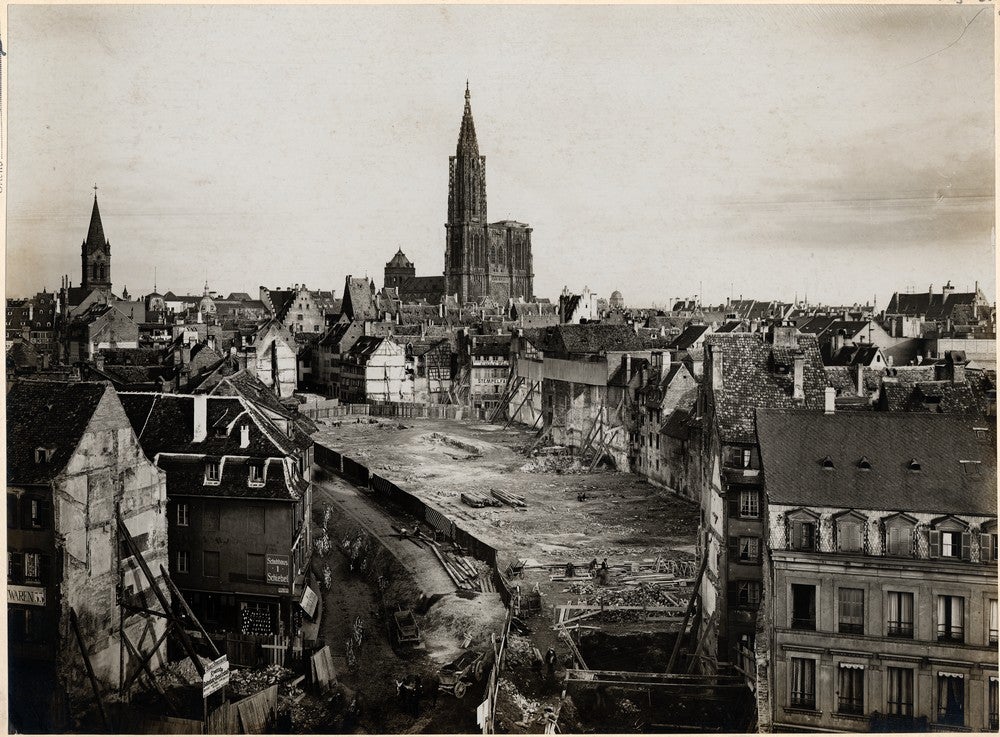The Tel Aviv-Berlin Road
The year 2015 marks a half-century of diplomatic relations between Israel and Germany. It is a complicated relationship, to say the least. On the one hand, ties between these two countries are incredibly strong; as a recent article in Ha’aretz details, Germany has made key contributions to Israel’s economy, security, and diplomacy nearly since the founding of the Israeli state in 1948. And present day relations have little of the hand-wringing and public back-and-forth that marks, say, Israeli comments about Jewish life in France, or the regular Israel-bashing that is a feature of discourse in many European countries. On the other hand, it’s Israel and Germany. There will always be a lot to say.
The Tel Aviv-Berlin Road Read More »
The year 2015 marks a half-century of diplomatic relations between Israel and Germany. It is a complicated relationship, to say the least. On the one hand, ties between these two countries are incredibly strong; as a recent article in Ha’aretz details, Germany has made key contributions to Israel’s economy, security, and diplomacy nearly since the founding of the Israeli state in 1948. And present day relations have little of the hand-wringing and public back-and-forth that marks, say, Israeli comments about Jewish life in France, or the regular Israel-bashing that is a feature of discourse in many European countries. On the other hand, it’s Israel and Germany. There will always be a lot to say.






